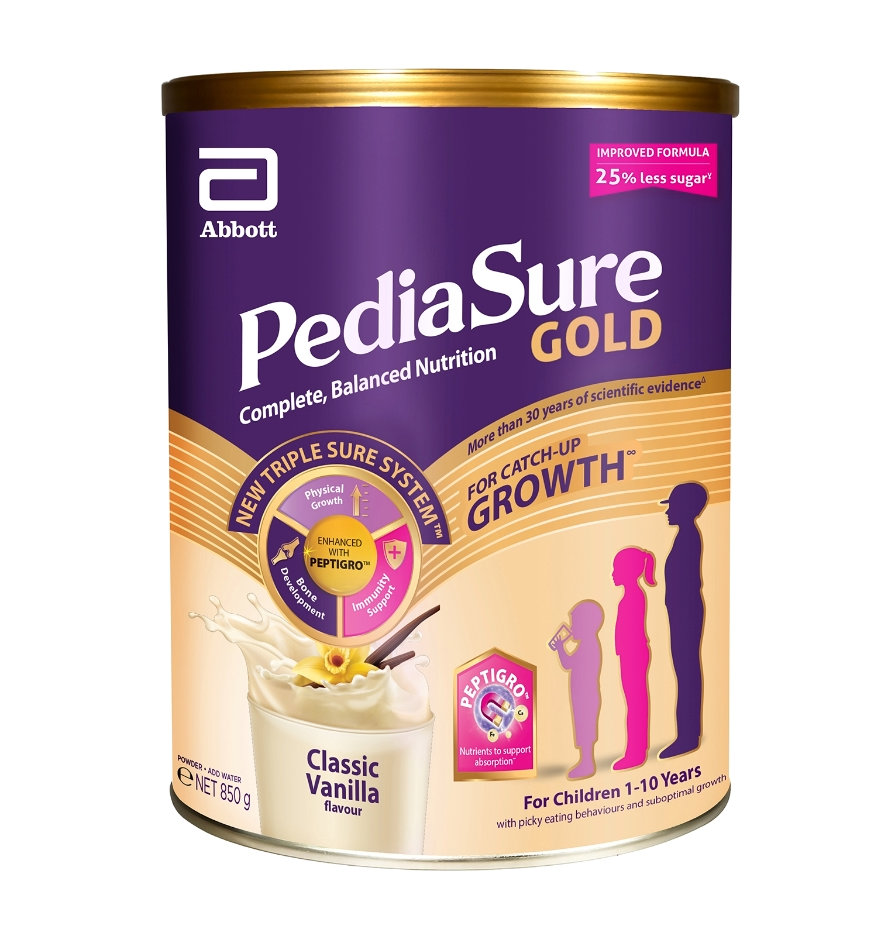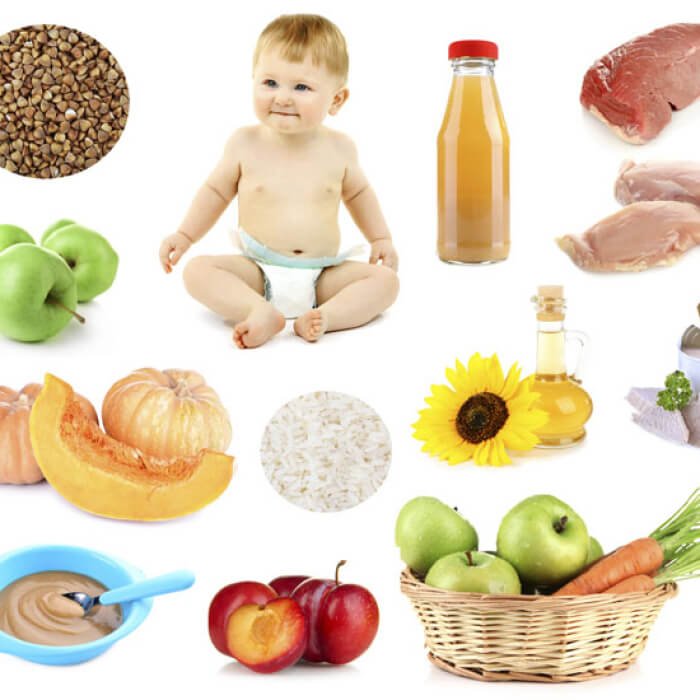Pediasure Gold
- Main Image
-

- Subtitle
- 1-10 Years Old
- Title
- PediaSure® Gold Vanilla
- Detail Page Path
During adolescence, children undergo rapid changes in their physical, mental, emotional and social growth. These changes can influence how they feel, think and interact with others. Their behaviours and decisions made during this time may also have health consequences that can impact the course of a lifetime.1 Parents can help set up their adolescent child for a healthy life and take advantage of this last major growth spurt through good nutrition.
Adolescence is a time of rapid changes and development. Some of the changes happening during this time include:
Teens are going through significant changes that influence their thoughts and behaviours. People in the adolescents’ immediate environments can influence these changes and play an important role in helping teens adopt healthy habits like good nutrition. Key influencers can include parents, family members, friends, teachers, service providers and trusted adults (e.g., coaches, counsellors, etc.).5 While parents may not think or feel like they influence their children, they still do.
Parents can help their teens take advantage of this final major growth spurt during adolescence and seize the opportunity to meet their genetic height potential through staying connected with them and incorporating good nutrition into their daily diet.
Ways that parents can support their child include:
By understanding adolescent changes, building strong relationships with your young ones and focusing on good nutrition, parents can help their teens achieve a healthy foundation in life.
Getting your teen to eat healthily doesn’t mean asking them to give up on all their favourite foods. It simply means offering them a variety of foods from each of the four food groups and reducing the quantity and frequency of food or beverages high in fat and sugar, such as soft drinks, cookies, cakes and deep-fried food. Some tips to improve dietary habits include:
Consider the use of a complete, balanced oral nutritional supplement
Oral Nutrition Supplements (ONS) may help adolescents to plug nutritional gaps (e.g. for those with poor appetite), replace unhealthy food or drink options, or support an active lifestyle. The ideal ONS for your teen should be tailored to meet the increased needs for key nutrients during the period of accelerated growth. A complete, balanced ONS that supplies a wide range of micronutrients would be more advantageous than conventional beverages which tend to be less nutrient dense.
References:
1 World Health Organization. Adolescent Development.
https://www.who.int/maternal_child_adolescent/topics/adolescence/development/en/
2 World Health Organization. Health for the World’s Adolescents. A Second Chance in the Second Decade.
https://apps.who.int/adolescent/second-decade/section2/page3/adolescence-physical-changes.html
3 World Health Organization. Health for the World’s Adolescents. A Second Chance in the Second Decade.
https://apps.who.int/adolescent/second-decade/section2/page4/adolescence-neurodevelopmental-changes.html
4 World Health Organization. Health for the World’s Adolescents. A Second Chance in the Second Decade.
https://apps.who.int/adolescent/second-decade/section2/page5/adolescence-psychological-and-social-changes.html
5 World Health Organization. Health for the World’s Adolescents. A Second Chance in the Second Decade.
https://apps.who.int/adolescent/second-decade/section5/page2/unpacking-determinants.html
SG.2022.28302.PDS.1 (v1.0)

Find out how parent's healthy eating habits and feeding styles affect their children relationship with food! Hear from the experts.

Healthy food for kids: 3 fun and easy ways to help your kids love fruit and vegetables. Get your child eating healthy food from a young age.

Healthy food for children. Do you have a picky eater? Find out if your child is eating the right food for a healthy and balanced diet.
You are about to exit for another Abbott country or region specific website.
Please be aware that the website you have requested is intended for the residents of a particular country or region, as noted on that site. As a result, the site may contain information on pharmaceuticals, medical devices and other products or uses of those products that are not approved in other countries or regions.
The website you have requested also may not be optimized for your specific screen size.
Do you wish to continue and exit this website?